By: J.B. Robinson, PhD, & Allison Blackwell
Although most Student Affairs/Services professionals enter the field with an intent to shape students lives for the better, with time, much of the work of disability services can become transactional rather than transformational. The constant demands of emails, phone calls, student applications and appointments can distract us from our true goal of creating citizens who will change the world through knowledge and action. This is no different at National University, where our own institutional learning outcomes include the student’s ability to “demonstrate cultural and global awareness to be responsible citizens in a diverse society.”
Over the past 18 months, however, our Division of Student Services has come together to create National’s first-ever Student Services Assessment Working Group with the assistance of the Office of Institutional Effectiveness and Assessment. With the help of assessment professionals and the Vice President of Student Services, Dr. Joseph Zavala, we have recently concluded our first year of data collection, analysis, and reporting for the University, and we are delighted to have undergone the process.
Although the topic of assessment is not always met with enthusiasm from accessibility professionals, the process of intentionally designing for and assessing learning has breathed new life into our work. There are rich learning opportunities in disability services, which are often either missed or engaged in without reflection. In instituting student learning assessment, Disability Services team has reframed the student experience from an exchange of paperwork to a student learning experience which will hopefully follow the student throughout their time at the University as well as beyond.
Why Student Learning Assessment?
Student learning assessment is an essential part of communicating the value of a college degree to students, accreditors, and other key stakeholders. Through participation in a student learning assessment process, institutions are better able to provide students with rich curricular and co-curricular learning experiences. Data collected from assessment activities allows administrators, staff, and faculty to make meaningful, informed decisions about ways to continually improve student learning. Additionally, student learning assessment provides transparency to students as they are explicitly told what they should be gaining from participating in an activity, service, course, or program and accountability to accreditors who seek to understand the value of the degree students are obtaining.
Our Student Learning Outcomes
- Student can accurately describe his/her disability and explain how it impacts him/her in the academic arena
- Student can describe steps for requesting their approved accommodations
- Student will report confidence in disability-related self-advocacy
- Faculty can describe the process of student referral to SAS
- Staff can describe the process of referral and registration with SAS
- Faculty can explain their responsibilities in providing accommodations
Our Results
During the Disability Services annual department student survey, students were asked to rank their level of agreement with the following items relevant to Student Learning Outcome (SLO): I am confident seeking assistance regarding academic issues that emerge regarding my disability, and I am confident presenting my accommodation letter to my professor. An answer of Somewhat Agree or Strongly Agree were both assumed to reflect substantial learning.
For the first item, 78.38% of students showed evidence of meeting the SLO. For question 4, 76.32% of students showed evidence of meeting the SLO. Overall, 77.35% of students demonstrated evidence of achieving the SLO (Student will report confidence in disability-related self-advocacy).
Student responses from the previous year for the same questions showed evidence of 67.86% meeting the SLO. However, the questions were changed slightly to reflect “confidence” rather than “comfort” in self-advocacy. We have set a target of 100% for student achievement of the SLO as students’ confidence in disability-related self-advocacy behavior is an essential prerequisite for a student to gain equitable access at the University.
Conclusion
In examining the student learning experiences, we offer as disability services as well as those created by the entirety of National University’s Division of Student Services we are not only able to assess the effectiveness of our activities, but we are also able to make informed recommendations and requests for resources and personnel when appropriate. And by aligning our student learning outcomes with those of the Division and University, we are able to further bridge the gap between administration, academics, student affairs, and the myriad departments across campus.
